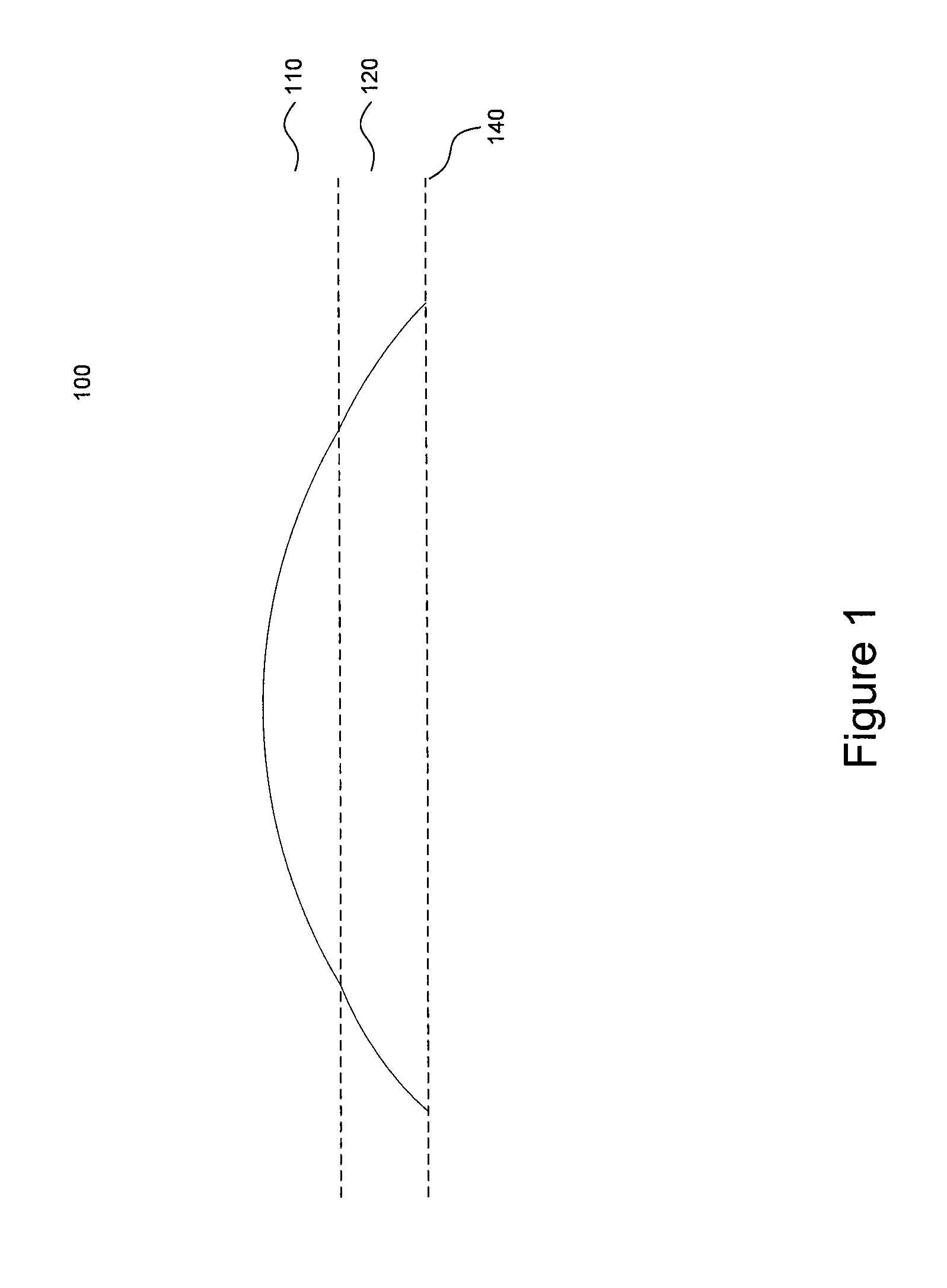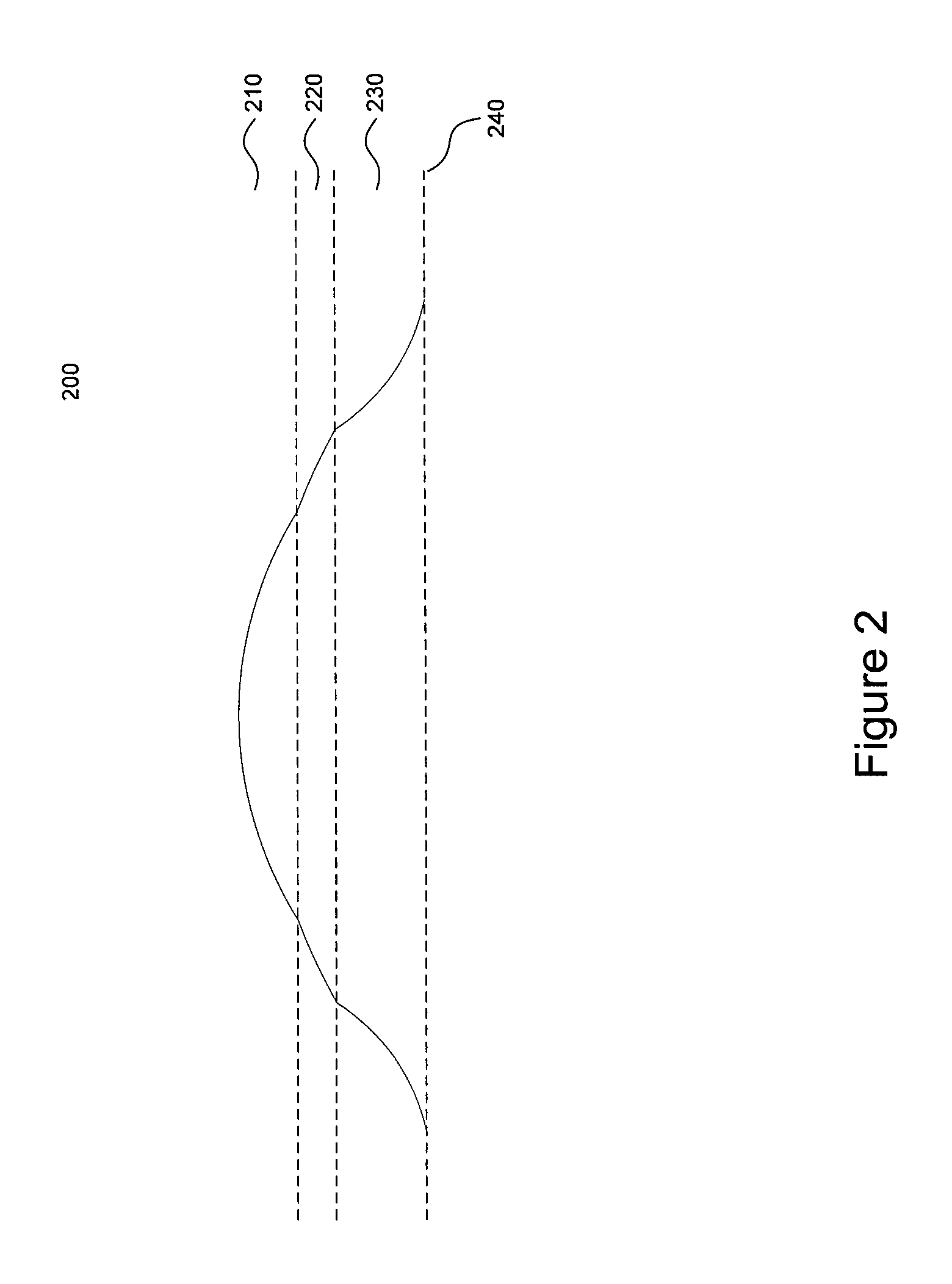Scleral contact lens and methods for making and using the same
a contact lens and scleral technology, applied in the field of contact lenses, can solve the problems of reducing or eliminating pressure, soft contact lenses have been limited in their ability to correct irregular refractive errors, rigid contact lenses have been limited in their use, etc., to achieve the effect of reducing the number of lens reorders, reducing time and equipment, and ensuring the patient's wear
- Summary
- Abstract
- Description
- Claims
- Application Information
AI Technical Summary
Benefits of technology
Problems solved by technology
Method used
Image
Examples
Embodiment Construction
[0019]The present invention relates to contact lenses that extend beyond the diameter of the cornea, commonly referred to as scleral contact lenses. One skilled in the art will appreciate that various aspects of the invention may be realized by any number of materials or methods configured to perform the intended functions. For example, other materials or methods may be incorporated herein to perform the intended functions. It should also be noted that the drawings herein are not all drawn to scale, but may be exaggerated to illustrate various aspects of the invention, and in that regard, the drawings should not be limiting.
[0020]Scleral lenses in accordance with the present invention may be made of any suitable contact lens material and may be configured as soft lenses and hybrid bimodulus lenses as well as rigid lenses. In accordance with exemplary embodiments, the lens is comprised of one or more of fluorosilicon acrylate, silicon acrylate, polymethylmethacrylate, a silicon hydro...
PUM
 Login to View More
Login to View More Abstract
Description
Claims
Application Information
 Login to View More
Login to View More - R&D
- Intellectual Property
- Life Sciences
- Materials
- Tech Scout
- Unparalleled Data Quality
- Higher Quality Content
- 60% Fewer Hallucinations
Browse by: Latest US Patents, China's latest patents, Technical Efficacy Thesaurus, Application Domain, Technology Topic, Popular Technical Reports.
© 2025 PatSnap. All rights reserved.Legal|Privacy policy|Modern Slavery Act Transparency Statement|Sitemap|About US| Contact US: help@patsnap.com



